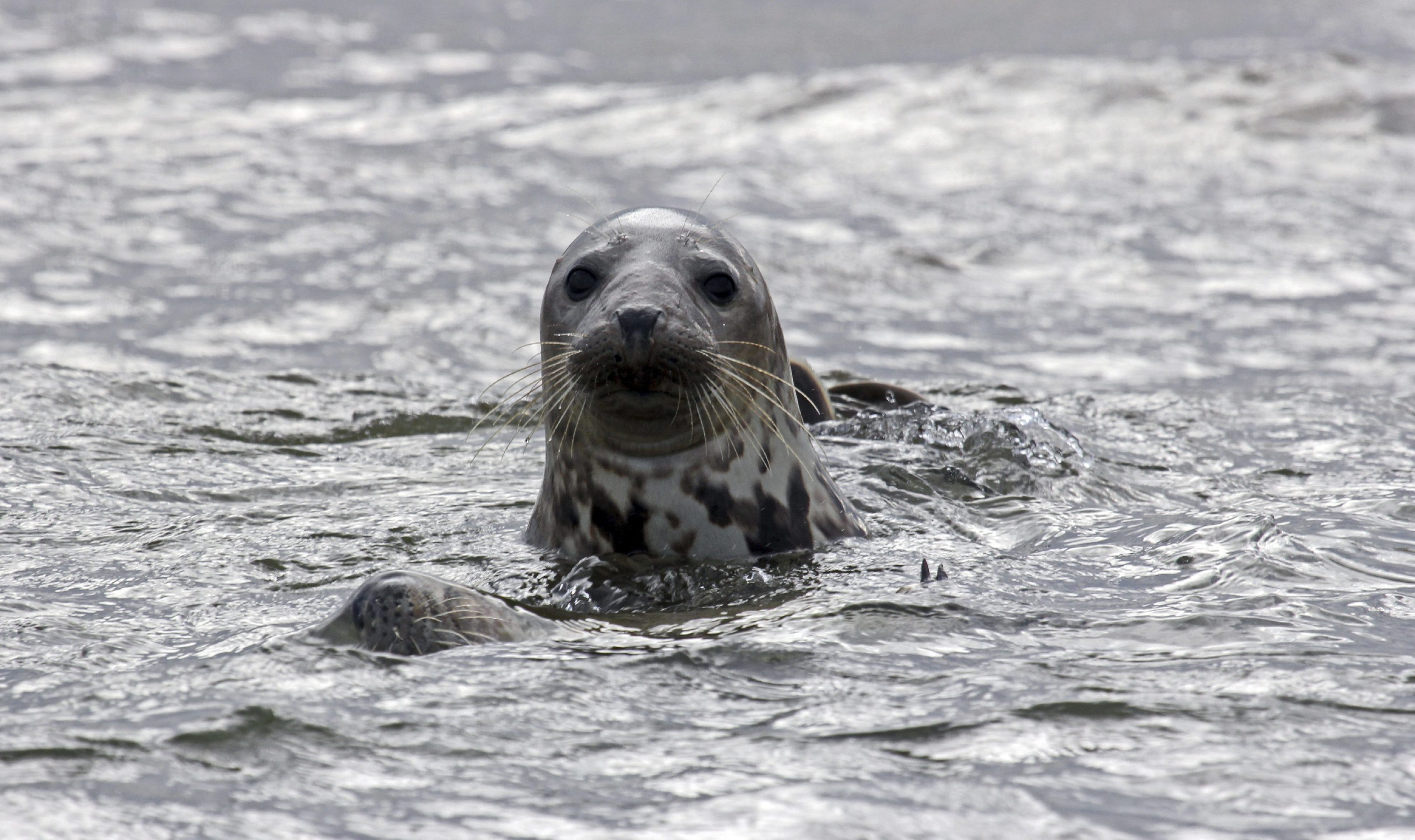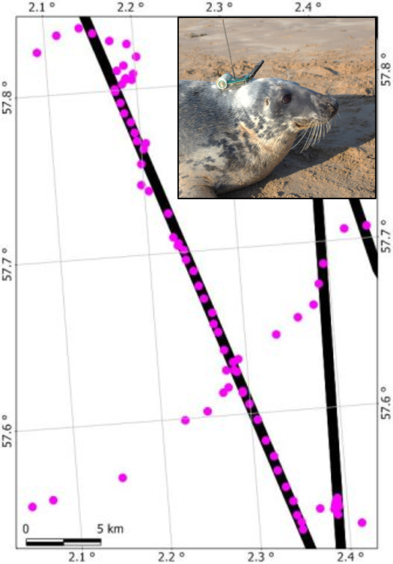Scientists at St Andrews University have been awarded £700,000 to investigate the impact of man made structures – and their removal – on the North Sea’s marine environment.
The Sea Mammal Research Unit (SMRU) is collaborating with an international team of experts on the EcoSTAR (Ecosystem-level importance of STructures as Artificial Reefs) programme.
Lead researcher Dr Debbie Russell from the SMRU said the findings would be combined with existing ecological and environmental data and knowledge of invertebrates, fish, food webs and fisheries, to predict the impacts of structures on the whole ecosystem.
“This will allow the prediction of the impacts of the removal of old structures, such as oil and gas platforms, and addition of new structures, such as offshore wind turbines, on the marine ecosystem and implications for commercial fisheries,” she said.
“The findings of EcoSTAR will facilitate the development of environmentally sustainable management strategies for the North Sea as a whole, and specifically with regards to the addition and removal of these structures.”
EcoSTAR will set out to increase understanding of the impacts of structures from the bottom of the food chain to the top.
As one of the most industrialised marine environments on the planet, the North Sea contains thousands of man-made structures including oil and gas platforms, pipelines, subsea cable routes and marine renewable energy installations.
There is mounting evidence that the effects of such structures on the local marine environment are complex and may depend on age, type, and operational status.
Installation can disturb marine mammals but once in place, they can host artificial reefs supporting diverse communities of marine life.
Current legislation requires that man-made structures (MMS) in the North Sea should be removed from the marine environment after their operational lifespan is complete.
EcoSTAR is one of seven projects being funded by the Natural Environment Research Council’s INfluence of man-made Structures In The Ecosystem (INSITE) programme.
Professor David Paterson, who chairs the Marine Alliance for Science and Technology for Scotland and is a coastal ecologist at the Scottish Oceans Institute at St Andrews University, said: “The question of what should be done with offshore structures at the end of their life is one that attracts interest and controversy from across industry, science, the public, NGOs and government communities.
“The decisions relating to decommissioning policy, planning and practice are often difficult and scientific evidence such as that coming from INSITE projects such as EcoSTAR should be a core consideration in each individual case.”











